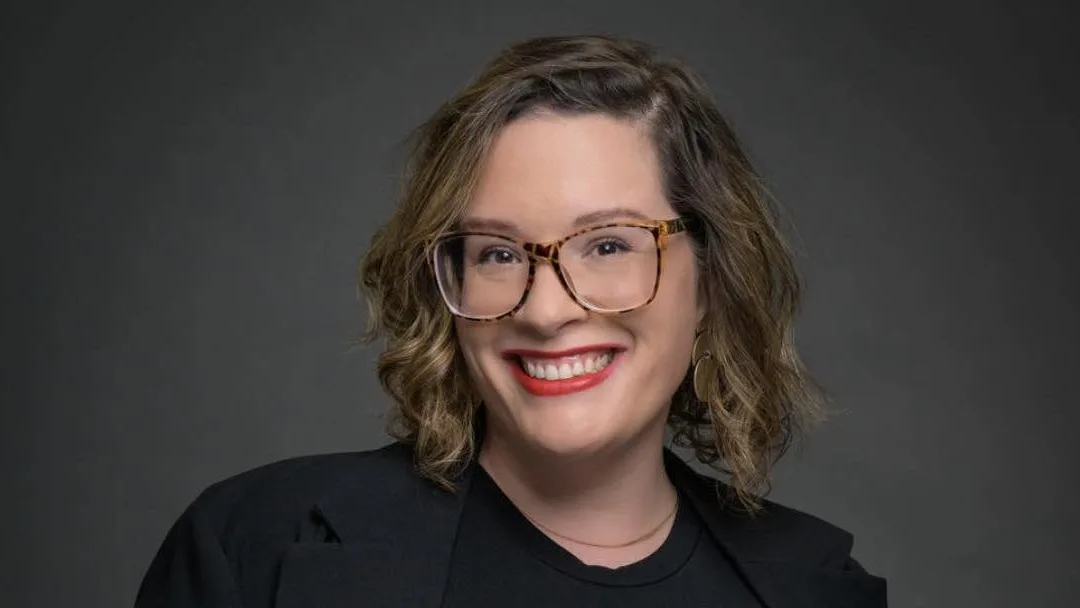ROANOKE – Many of Carilion Clinic’s patients recently received calls from the hospital’s phone number, but the people on the other end weren’t employed by the medical facility.
Unfortunately, scammers started spoofing the medical facility’s phone number earlier this month. On Caller ID, the hospital’s number appears. However, no one from the hospital actually made the phone call.
Instead, fraudsters are impersonating healthcare associates. They’re doing this to gain personal information from individuals on the other end of the line.
Use Caution When Answering Calls
Currently, scammers impersonating Carilion Clinic employees use one of four known scripts in their calls.
In one, the scammer claims to call from a “medical practice” and asks if the person on the line has knee or back pain.
In another, the scammer offers braces, blood sugar measuring devices, or other medical devices, claiming they’re covered by Medicare.
Another call begins with a scammer claiming to work for an outsourced company that partners with the Veterans Administration. They say they need to set up an exam for the patient.
In the fourth script, the scammer claims to work for a lab and says the person on the phone has an overdue bill.
Robert Perry, Carilion Clinic’s chief information security officer, said individuals should use caution when the clinic’s number appears on their phone.
“The guidance is just be extra careful if you do receive a phone call that says it’s from Carilion, to be absolutely sure that it is from Carilion,” Perry said.
Using information gained from the calls, Perry expressed that most of the scammers impersonating Carilion attempted to sell something to the patients.
“They really seem to be preying upon, frankly, our older patients. People who are maybe on Medicare or Medicaid,” Perry said. “It’s a scam where they apply on behalf of the person for reimbursement for these medical devices. Many times they’re not even delivered. It’s a type of scam that takes advantage of Medicare and Medicaid claims.”
RELATED: Scammers Target Virginia Seniors, Using COVID-19 Fears
If for any reason a patient suspects that the call is not from Carilion – especially if they were not expecting such a call – Perry suggested hanging up and calling the hospital back directly.
Protecting Your Private Information
Perry also cautioned against giving out private information over the phone.
“If a person is asking for personal information that we would never ask for, like your Social Security Number or your Medicaid ID number, those are things that we just normally wouldn’t ask for over the phone unless it was, like, a call that had already been set up and was expected,” Perry said.
Carilion pre-arranges most of its calls to patients. For example, the hospitals hosts telemedicine calls, an offering that the hospital recently expanded.
“There are calls that would be an appointment, let’s say, a scheduled appointment, where it might be a physician speaking to a patient. Those would be a legitimate call,” Perry said. “But if it seems like someone is calling out of the blue and fishing for information from someone, like, ‘What’s your mother’s maiden name?’ ‘Tell me what your Social Security number is.’ These things wouldn’t be asked for out of the blue. Not without some context.”
Scam Artists Using Local Area Codes
People were four times more likely to answer a call from a local number, according to a 2017 article by Software Advice.
By imitating a local number, scammers often gain trust with their victim.
The problem, however, is that scammers hardly ever conduct the call from the area code that appears on the Caller ID.
“They’re not [usually] Virginia-based. The scammers are usually overseas,” said Corinne Geller, public relations manager for the Virginia State Police.
Disguising a phone number is rather easy. And it’s free.
By changing their Automatic Number Identification, international calls may appear on a Caller ID as a local number. But they don’t stop there. Sometimes, victims receive calls disguised as well-known local numbers, like hospitals, charities or police stations.
In their 2017 Phone Fraud Report, Pindrop Labs analyzed millions of calls. They found that 64% of fraud calls originated in a country other than the country where scammer target people. In comparison, only 6.6% of legitimate calls were international.
“And this, by the way, isn’t just isolated to Carilion,” Perry said. “This scam is going on not just with Carilion numbers, but many different numbers. We’re just noticing it because they seem to have glommed on to Carilion phone numbers and [are] finding that they work better, perhaps.”
How To Avoid A Scam
Geller says a scammer concealing their true location is not a rarity.
“This is not an uncommon thing to happen,” Geller said.
These types of scams happens so often that the Federal Communications Commission (FCC) has an entire section of their website devoted to Caller ID spoofing calls.
Geller suggested using the FCC as a resource for individuals concerned about potential scam victimization. She also noted that the organization posts tips on their website about what to do in a potential scam situation.
The FCC lists nine tips to avoid Caller ID spoofing victimization:
- Don’t answer calls from unknown numbers. But, if you do, hang up immediately.
- If the caller or a recording asks you to hit a button to stop getting the calls, hang up. Scammers often use this trick to identify potential targets.
- Do not respond to any questions, especially those requiring “Yes” or “No” responses.
- Never give out personal information such as account numbers, Social Security Numbers, your mother’s maiden name, passwords, or other identifying information in response to unexpected or suspicious calls.
- If you get an inquiry from someone claiming to represent a company or a government agency, hang up and call the party directly. Doing so verifies the authenticity of the request.
- Use caution if someone presses for information immediately.
- If you have a voicemail account with your phone service, set a password for it. Doing so avoids hacking.
- Talk to your phone company about call blocking tools. Additionally, check into apps that you can download to your mobile device.
“If you’re at all concerned or suspicious, don’t rely on that Caller ID,” Perry said. “Simply hang up the phone and call Carilion back directly.”
Amie Knowles reports for The Dogwood. You can reach her at [email protected]
Politics

Biden cancels student loan debt for 6,130 more Virginians
The Biden administration on Friday announced its cancellation of an additional $7.4 billion in student debt for 277,000 borrowers, including 6,130...

VIDEO: Rep. Abigail Spanberger speaks on right to contraception bill veto
Rep. Abigail Spanberger (D-Va.) criticized Youngkin’s refusal to sign a bill that would have given Virginians a legal right to contraception, saying...
Local News

Southside woman keeps the arts alive through community theatre
Katelyn Murray, a financial planner from the Danville area, grew up on stage. “I have been dancing since I was three, up through 23. I've been...

Virginia’s Homegrown Stars Had Big Moments in 2023
Although such celebrity meccas as New York and California may come to mind when you think of famous people, Virginia also has its fair share of...





